...this piece is a reflection of CELDF’s commitment to featuring diverse perspectives and ideas in the quest to bring about a community rights and rights…


...this piece is a reflection of CELDF’s commitment to featuring diverse perspectives and ideas in the quest to bring about a community rights and rights…
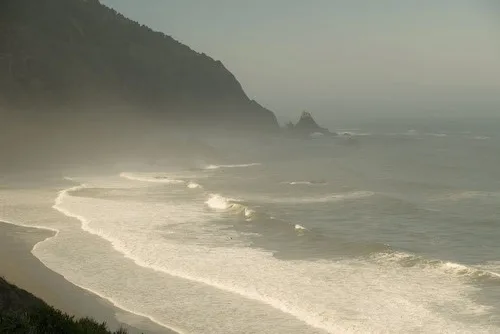

Ben Price discusses Rights of Nature and how the concepts of preemption, claimed corporate rights, and property rights challenge local democracy and ecosystem rights....
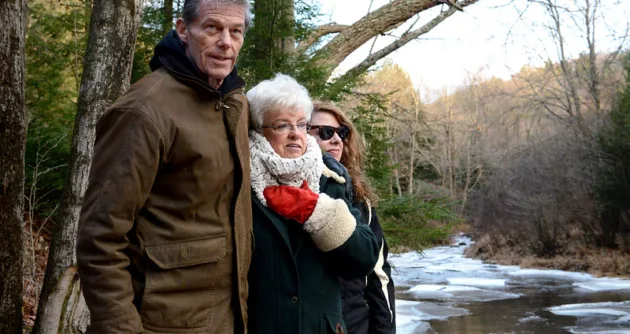
...souls an affront to the rights of the community, and their attack on the municipality’s home rule charter an assault on democracy. Grant Township was…
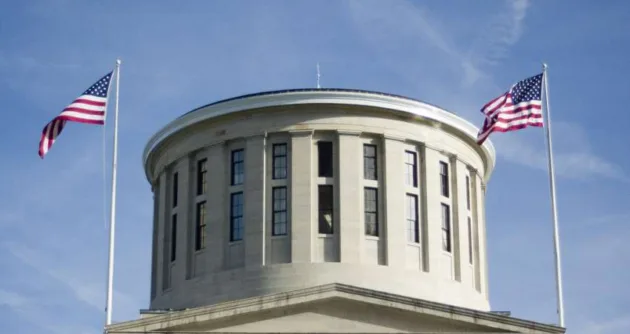

...~ Continued below ~ Michelle Sanborn “Community Rights” A poem by Michelle Sanborn, CELDF “Community Rights” is a reflection of the journey I’ve witnessed as…
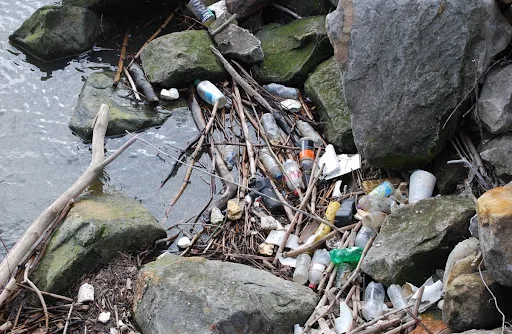
...criticism, anger, and the shocking experience of being blackballed from environmental forums. At the beginning of my current work with Community Rights and Rights of…


CELDF stands with Youth Climate Strike as they demand systemic change, including legal Rights of Nature....

...together in 2013 to form a network, the Ohio Community Rights Network (OHCRN). In 2019 they jointly filed a civil rights lawsuit against the state.…
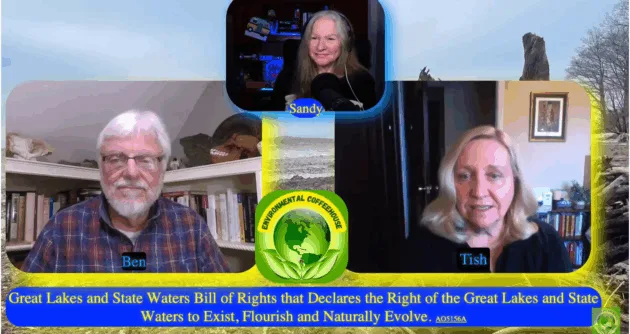
...Max Wilbert, Publicist for CELDF on the NYS Assembly Bill AO5156A, the Great Lakes and State Waters Bill of Rights, which is currently IN the…

On August 25 at 7 PM (Pacific Time), Gold Bar Community Rights (GBCR) will host an online workshop by Community Environmental Legal Defense Fund (CELDF)…

...entity with fundamental rights. A Declaration drafted and adopted by participants can be read here: The Seed of Siena Declaration from the GARN Rights of…

Check out the stories being submitted as evidence this week at the international Permanent People's Tribunal, where the PPT is considering fracking, climate change, and…
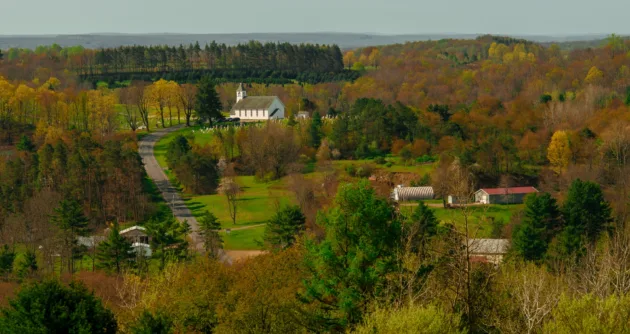
...Environmental Legal Defense Fund (CELDF) is building a movement for Community Rights and the Rights of Nature to advance democratic, economic, social, and environmental rights…

...property conveys legal rights to otherwise naturally rightless humans. Under this paradigm, rights are not conveyed to humans as a birthright. Citizenship and associated legal…
Why support Bellingham, WA's Community Bill of Rights? Suzanne Ravet, a member of Coal-Free Bellingham, gives her account. Read more here from Northwest Citizen....

“Kai Huschke, with the Community Environmental Legal Defense Fund, talks to us about the hierarchy of community rights, states rights, and corporate rights. We look…

...and food systems in the Willamette Valley. The summit was co-sponsored by CELDF, Benton County Community Rights Coalition, Oregon Tilth, Oregonians for Farm and Food…